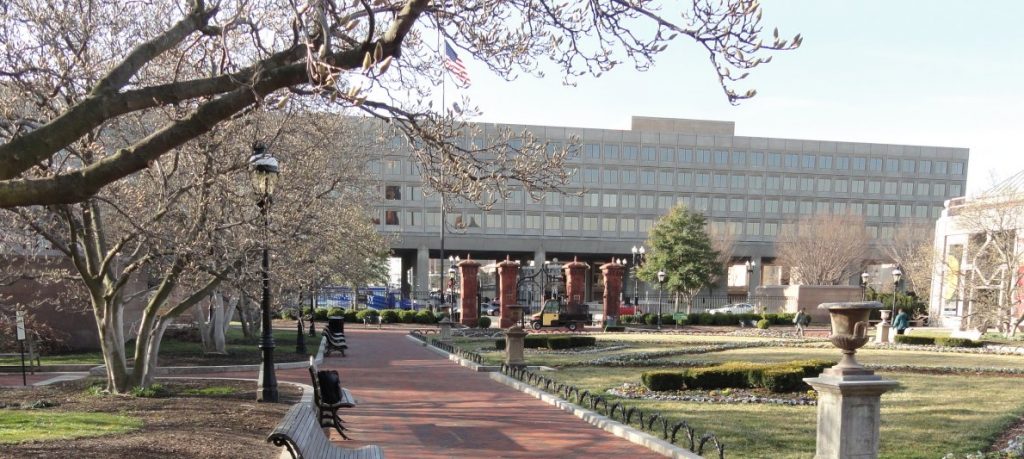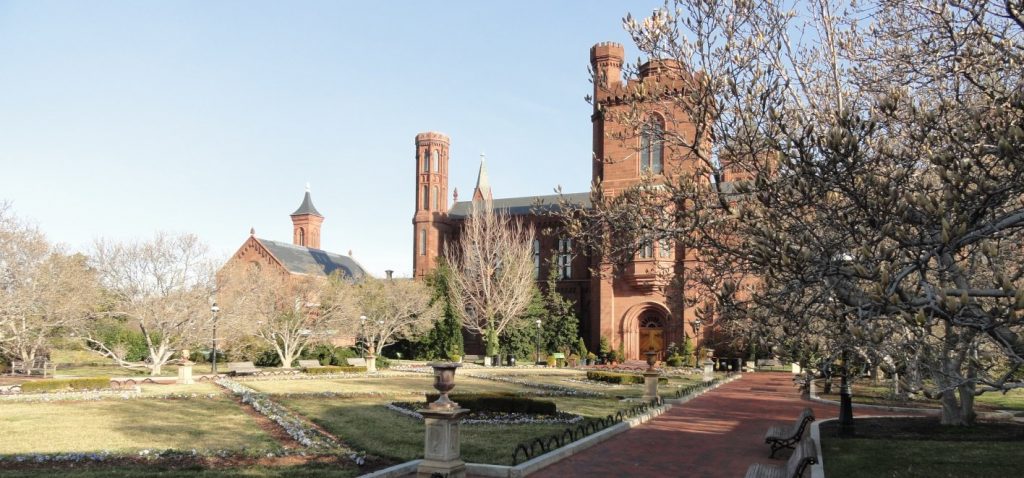
I attended the Washington Energy Seminar at the Department of Energy over the last three days. We had three days of talks about fossil fuels, alternatives, nuclear and conservation. It was one of the better seminars that I have attended. I wrote us some notes and will put them in later posts, but as an introduction I have to assert my belief that we do not have an energy problem that can be solved by technology, conservation or anything else. Our energy use is based on our collective and individual preferences and the options available.

We are constrained in our use of energy almost entirely by its cost. Everything else is just commentary. As energy becomes more plentiful, we find new uses for it. A recent study shows that over three centuries individuals have spent about the same amount of money (relative to time and income) over all those years. In centuries past, we got a lot less for our earnings; put another way, we had to work a lot more for everything. In terms of light provided, candles, manufactured in the old ways, was a lot more expensive than our modern light bulbs. People in the old days were very careful with candles. As artificial light became cheaper, people started to find new places where it was “needed.” More recently, we see that when cars become more fuel efficient, people drive more.
Most of us seem to have some kind of mental accounting that tells us how much we should spend on various things. For example, we might think that $25 a week is a good amount to pay for gas. When gas gets more expensive per gallon, we find ways to use less. When it gets cheaper, we find reasons to drive more. The behavior change doesn’t come immediately, but it is quick. Economists call this the rebound effect. It can swamp improvements that merely conserve. (It also, BTW, helps explain why we don’t always feel better off when we are objectively better off.)
The perhaps unwelcome but very simple lesson is that price matters. If the price of gas goes up, people seek out alternatives or cars with better mileage. If the efficiency of cars goes up w/o a price rise, people drive more to make up for it.
The big reason we have trouble conserving energy is that the human habit of mental accounting plays directly into the weaknesses and biases of our politicians, who love to pass new rules that promise cost-free solutions. I have been interested in energy and environmental issues since I was in HS, forty years ago. As long as I can remember, politicians have promised to end the energy “crises” with all sorts of calls for research, standards and breakthroughs. Actually, whatever happened worked. U.S energy use per unit of GDP (energy intensity) has declined by about 1.7% a year for the last 60 years, better than the world average. We have all the energy we need, but we will never have enough “affordable” energy.
The picture up top is the Department of Energy, taken from the Smithsonian Garden. It is one of those 1960s buildings. It looks better in the picture than it does in real life. I don’t much care for the concrete buildings. I prefer the nicer old brick. The next photo is from the same spot just looking the other way. Notice it is almost spring time. It will take only one warm or two days to get the magnolias to flower.
